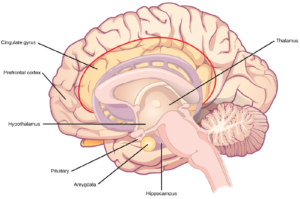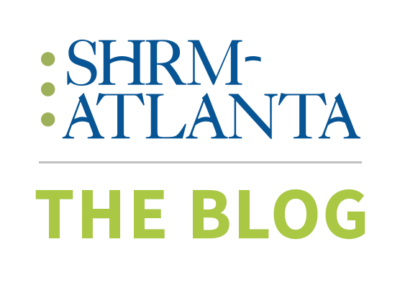By Theresa S. Worthy
HR plays a crucial role in managing the workforce’s emotions and attitudes. In that way, Human Resources can be likened to the control centers of the brain, such as the amygdala, hippocampus, and prefrontal cortex.
 Amygdala: Crisis Management and Emotional Responses
Amygdala: Crisis Management and Emotional Responses
The amygdala processes emotions, particularly those related to survival instincts like fear and aggression. Similarly, HR handles crisis situations and emotional responses within the organization. Human resources management is responsible for mediating during conflicts, de-escalating stressful situations, and providing support, akin to the amygdala’s role in regulating emotional reactions.
Hippocampus: Memory and Learning
The hippocampus is vital for forming memories and learning. In the business world, HR mirrors this function through organizational learning and development. HR designs training programs, facilitates learning opportunities, and helps employees to grow professionally—similar to the hippocampus’s role in learning from past experiences and acquiring new knowledge.
Prefrontal Cortex: Decision Making and Social Behavior
The prefrontal cortex is involved in complex cognitive behaviors, decision making, and social interactions. HR plays a similar role in decision-making processes related to personnel management, such as hiring, promotions, and performance evaluations. HR also shapes the organization’s culture and social norms, influencing employee interactions and the overall work environment.
Cingulate Gyrus: Employee Engagement and Morale
The cingulate gyrus regulates motivation and emotions, and HR’s responsibility for employee engagement and morale serves a comparable function. By addressing employee needs, providing rewards and recognition, and creating a positive and inclusive work environment, HR influences employees’ motivation and emotional investment in their work and the organization.
Neuroplasticity: Adaptability and Change Management
Neuroplasticity, the brain’s ability to adapt and reorganize, is crucial for adapting to new situations. HR’s role in change management reflects this adaptability. HR leads by providing support and help for employees and the organization to adapt to changes, whether internal shifts or external market dynamics. This involves effective communication, training for new skills, and reshaping the organization’s culture and structure as needed.
So is HR the brains of the organization? Maybe! HR is essential for the health and success of an organization, just as the brain’s control centers for emotions and attitudes are vital for an individual’s well-being. HR manages the human aspect of the business and also significantly influences the climate and culture within the workplace. By doing so, HR plays a pivotal role in the organization’s overall performance, making it as indispensable as the human brain.




